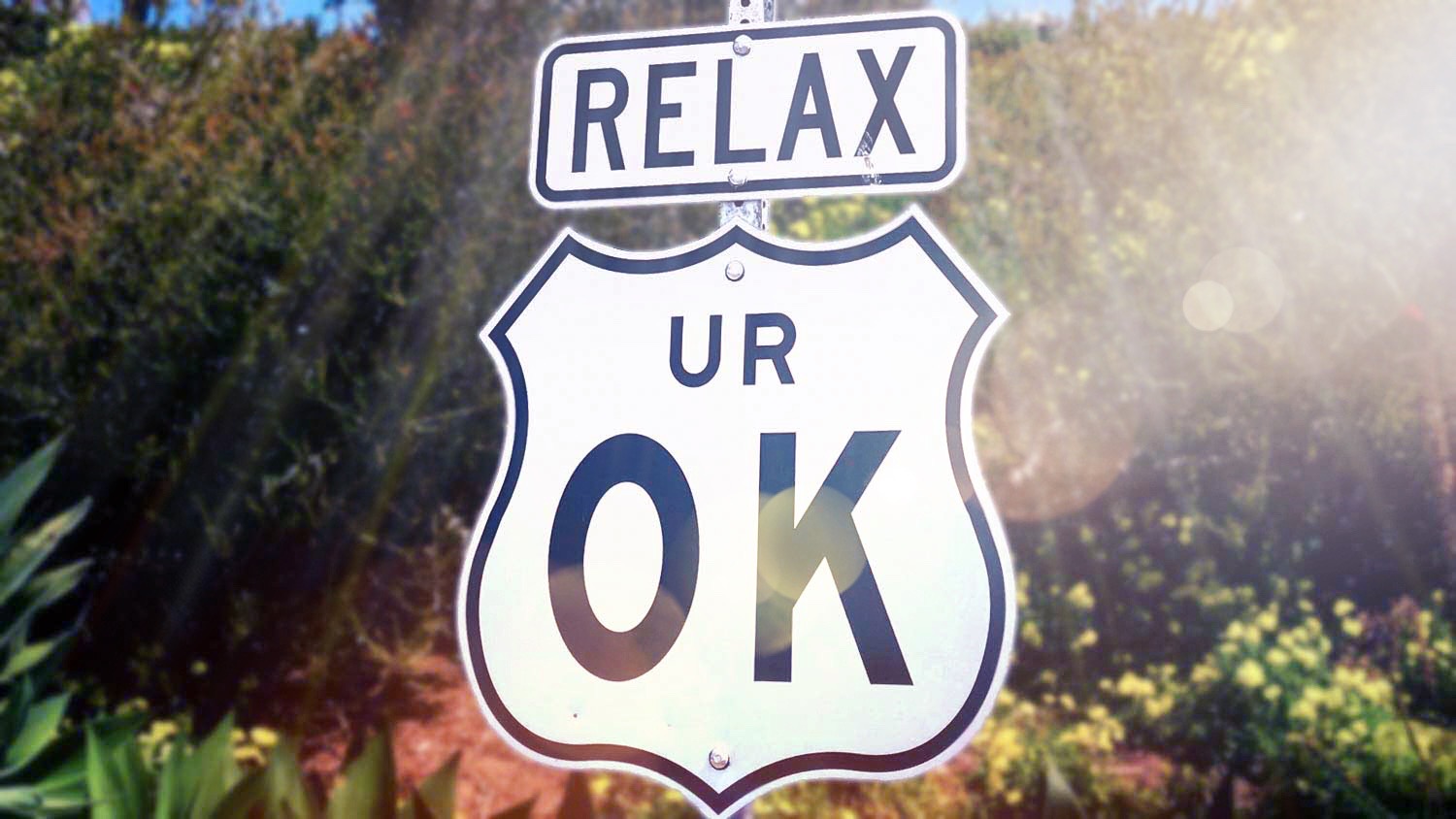Sick & Tired of Hashimoto's

When fatigue takes over your life
I sat in my car outside the gym and cried.
I had just taught a Spinning class and didn't have enough energy to drive home. So I sat. Waited. And cried.
I cried because I was so tired. Cried because I had used up the last of my energy in class. And cried because I was afraid. I had a business, a fitness job and two kids to support...and no energy to do any of it. How was I going to keep everything going?
Tiredness is not new to me.
The first time I went to the doctor for fatigue I was 16. He had no answers.
When I was 27, a printing rep came into our office and made small talk, asking me how I was. Before I could answer he said, "Wait, I know, I know. YOU'RE TIRED." Yes I was tired, but also now embarrassed. I must have said I was tired a lot.
In my early 30s I went to yet another doctor, who told me I had chronic fatigue syndrome. I didn't buy it because CFS seemed - back then - to be just be a "catch-all" when they didn't know why else you were tired. Ugh.
I moved on, lost a lot of weight, exercised and felt much better. In fact, I felt pretty darn good for a few years.
I taught Spinning and group exercise classes, trained clients, raised kids, ran a business, went cycling early in the morning on Sundays, and overall became superwoman with my newfound energy and passion. Sleep? Who needs sleep? Running on adrenaline & high of doing physical things. All-conquering...until my body conquered me. I was running on adrenaline and the high of being able to do physical things I hadn't done in years. I was all-conquering...until my body conquered me and said f*** you.
And that's when I found myself in the parking lot, crying.
A couple of years ago I was diagnosed with hypothyroidism. Had I had it my entire life and not known? Could be. Or had I had some kind of precursor to it? Did all that crap food I ate most of my life and especially when I was obese cause my body to malfunction? Or was it a virus or infection that triggered it? Or perhaps the woman in the small vitamin shop who sold me massive doses of expensive iodine to help my fatigue could have been wrong. Who really knows?
After the diagnosis I saw an endocrinologist, who ran more tests and diagnosed me with Q̶u̶a̶s̶i̶m̶o̶d̶o̶ Hashimoto's Disease.
More than just a cool-sounding disease name, Hashimoto's Thyroiditis (Hashimoto's Disease) is an autoimmune disease. Yay me! So instead of my immune system protecting my body, it now makes antibodies that attack my thyroid gland. "There it is! Kill it!"
Yes, destroy the thyroid gland. Brilliant idea, body. Brilliant idea.
There is no cure. Nope. In fact, my thyroid will continue to be attacked until it's pretty much all gone. There is medication to help replenish the thyroid hormones, which I am on. And a bunch of quacks trying to sell you things that will "fix" and "cure you." All these blogs out there purporting to "help" you are really just trying to help their own bottom lines.
Their advice?
- No gluten (yeah, right. Gluten is the cause of all evil, dontcha' know? They wanted me to be 100% gluten free. No way).
- No dairy (sure I'll give up my cheese and chocolate).
These things apparently cause a "leaky gut," which can be fixed with a regiment of pricey supplements and a diet very few can follow. (Quack, quack.)
Side note: There is a complete lack of supporting science and research that backs up this whole "leaky gut" theory. Naturopaths and bloggers are the biggest spreaders of it, and not a single one of the "experts" is an endocrinologist or a GI specialist. Hmm. Most of them are selling something to "help heal your leaky gut" and your Hashimoto's (beware of anyone who says they can cure it). They advise you to take a lot of their expensive supplements or buy their guides, books or programs.
That being said, there are people who feel better eating gluten free or going dairy free.They might not be sensitive to gluten itself, but wheat or other substances that hitch a ride with the oft-villified gluten. Others may be lactose intolerant or sensitive to milk.
If you feel better staying away from these foods, then keep at it. Do what's best for you, listen to your body, and use common sense. I don't feel any better not eating these foods, but I do feel a lot worse when I eat too much crap food overall.
Oh, the symptoms? Glad you asked! Common symptoms are (but not limited to):
- Exhaustion (that crying spree in the car)
- CRS (Can't Remember Shit)
- CCoS (Can't Concentrate on Shit)
- Joint pain and body aches
- Depression (yeah that's fun)
- Constipation (that's fun, too)
- Weight gain (now we're really having fun)
- Cold intolerance (unless you are menopausal like me, in which case you are hot, then freezing)
- Hair falling out
- Dry skin
- Dry, breaking nails
- Puffy face and eyes (hey, who hit me in the face?)
Some of the biggest 'suckages' of being hypothyroid are the depression and the weight gain The weight part is tricky. Did I gain some weight because hypothyroidism makes everything slow down, or did I eat too much sugar and crap food because I was so tired and wanted a pick-me-up? Or a combination of the two (more likely.)
I just have to play with foods and exercise and find out what works and what doesn't for my body now.
Hypothyroidism + menopause = bigger belly.
I am not a doctor or any sort, and I am certainly no expert. But common sense and experience tells me that when I stay up half the night working, burning the candle at both ends, don't sleep enough or well, eat crap, stress out, or be with negative people, my body is not happy and I feel worse.
When I eat a more balanced and varied diet (and pay attention to what foods bother me or make me feel more sluggish), sleep more, exercise, and try to be more positive, I feel better. I also take vitamin B1 and B12 (no, not anything I am selling, but good quality products you get at a quality store), selenium, magnesium and vitamin D3. Oh and sometimes Omega 3s and probiotics when the budget allows.
- Realizing you have an autoimmune disease and one that is not going away is the first step to living with Hashimoto's.
- Listening to your body and doing what makes you feel better (like resting when you need it) is step 2. I know, hard right?
- Remembering that this is a "forever" thing, and you - like so many others with different illnesses and problems - will have pain, discomfort, and fatigue, and that's how it is. Find a way to accept it, make changes where you can, and don't hang around internet chat rooms where everyone feels sorry for themselves. That's borrowing other people's stresses and you don't need that.
- Staying on top of your medical care. Get your regular lab work (making sure you ask for free T3 and free T4 tests); keep up with legitimate endocrinology news; and if your medication is not working, talk to your doctor about upping your medication dosage, or changing medications.
You can feel better. Never perfect, but better. All we can ask for are more good days that bad. Here's to the good days.
Photo: Laguna Beach, CA


